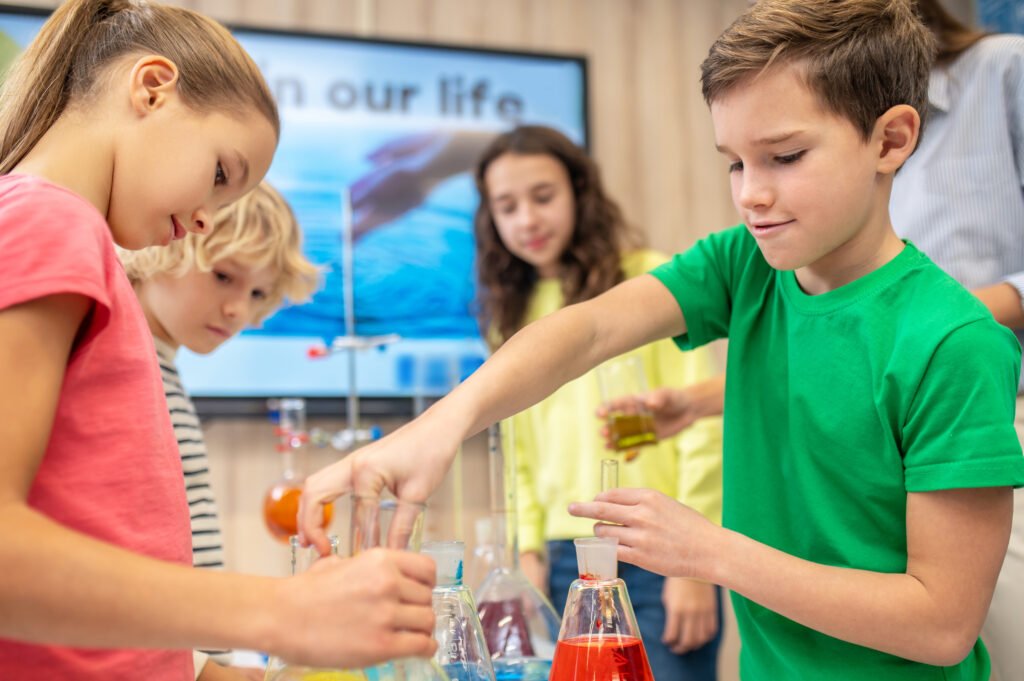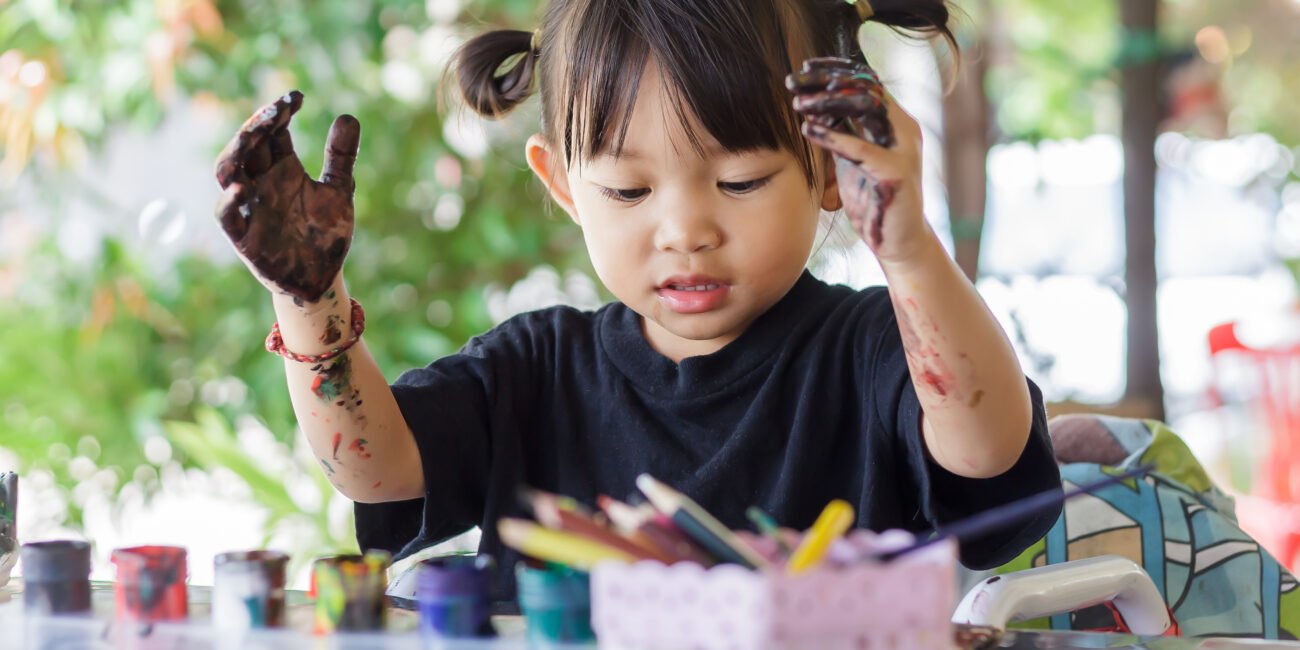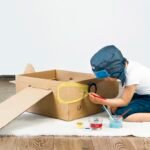In today’s fast-changing job landscape, academic expertise in isolated fields is not enough. Employers and college admissions officers often say they are equally, if not more interested in “soft skills” – those intangible human capabilities that enable people to effectively apply and communicate knowledge. As the nature of work evolves, a well-rounded skillset is crucial. This is where an interdisciplinary STEAM education approach brings major benefits by organically developing soft skills alongside technical content knowledge.
STEAM stands for Science, Technology, Engineering, Arts, and Mathematics.
STEAM stands for Science, Technology, Engineering, Arts, and Mathematics. This integrated educational philosophy combines technical disciplines with the arts and humanities to reflect real-world interconnection and foster creativity. In the classroom, STEAM learning is hands-on, collaborative, and exploratory. Teaching through inquiry, experimentation, and project-based learning exercises “soft” skills like communication, critical thinking, teamwork, and problem-solving.

Working together on design challenges requires cooperation, sharing ideas, and constructive debate.
Working together on design challenges requires cooperation, sharing ideas, and constructive debate. Negotiating roles and resolving conflicts build emotional intelligence. Presenting projects to the class develops public speaking abilities. Team experiences prime students for workplace collaboration.
Tackling open-ended problems with no prescribed solution demands creativity, flexibility, and trial-and-persistence.
Tackling open-ended problems with no prescribed solution demands creativity, flexibility, and trial and persistence. Artistic components spur self-expression and imagination. This growth mindset of innovating through setbacks produces resilience.
Class critiques of student work require careful listening, consideration of diverse perspectives, and constructive feedback. Humanities elements like culture and ethics add nuance. Analytical and communication skills are honed.
Allowing students to direct their learning through questioning, exploration, and “figuring out” exercises critical thought rather than passive absorption. They learn how to think, not just what to think.
Technical know-how in areas like engineering, computing, and math is still utterly important. But in today’s innovation economy, applying expertise creatively, compassionately, and clearly is equally vital. An education centered on real-world, integrated problem solving develops these soft skills that allow knowledge to flourish. A STEAM foundation equips students for the future with technical expertise sharpened to its highest purpose through human proficiency.





No Comment! Be the first one.